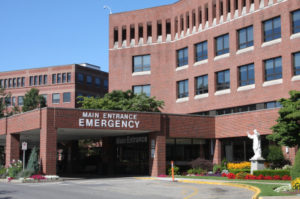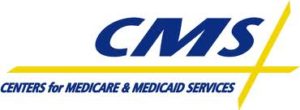CMS Seeks to Jump-Start Medicaid Innovation
A new federal program seeks to encourage states to work faster to find ways to improve care and improve the health of their Medicaid patients and to reduce health care costs through payment and service delivery reforms.
The Center for Medicare & Medicaid Services’ (CMS) new Medicaid Innovation Accelerator Program is a collaboration between the Center for Medicaid and CHIP Services, the Center for Medicare and Medicaid Innovation, the Medicare-Medicaid Coordination Office, and other federal agencies and centers. According to a CMS fact sheet, the program
…aims to jumpstart innovation in key areas while supporting states in their efforts to improve health, improve health care, and lower costs. In consultation with states and stakeholders, the IAP will develop strategically targeted functions aimed at advancing delivery system and associated payment reforms, aligned with transformation efforts underway in Medicare and the commercial market.
 The program will develop resources to support innovation through four key functions: identifying and advancing new models of care delivery and payment; data analytics; improving quality measurement; and state-to-state learning, rapid-cycle improvement, and federal evaluation.
The program will develop resources to support innovation through four key functions: identifying and advancing new models of care delivery and payment; data analytics; improving quality measurement; and state-to-state learning, rapid-cycle improvement, and federal evaluation.
Learn more about the launch of the Medicaid Innovation Accelerator Program from this CMS fact sheet and go here for a more detailed description of the program and a summary of the resources surrounding it.




